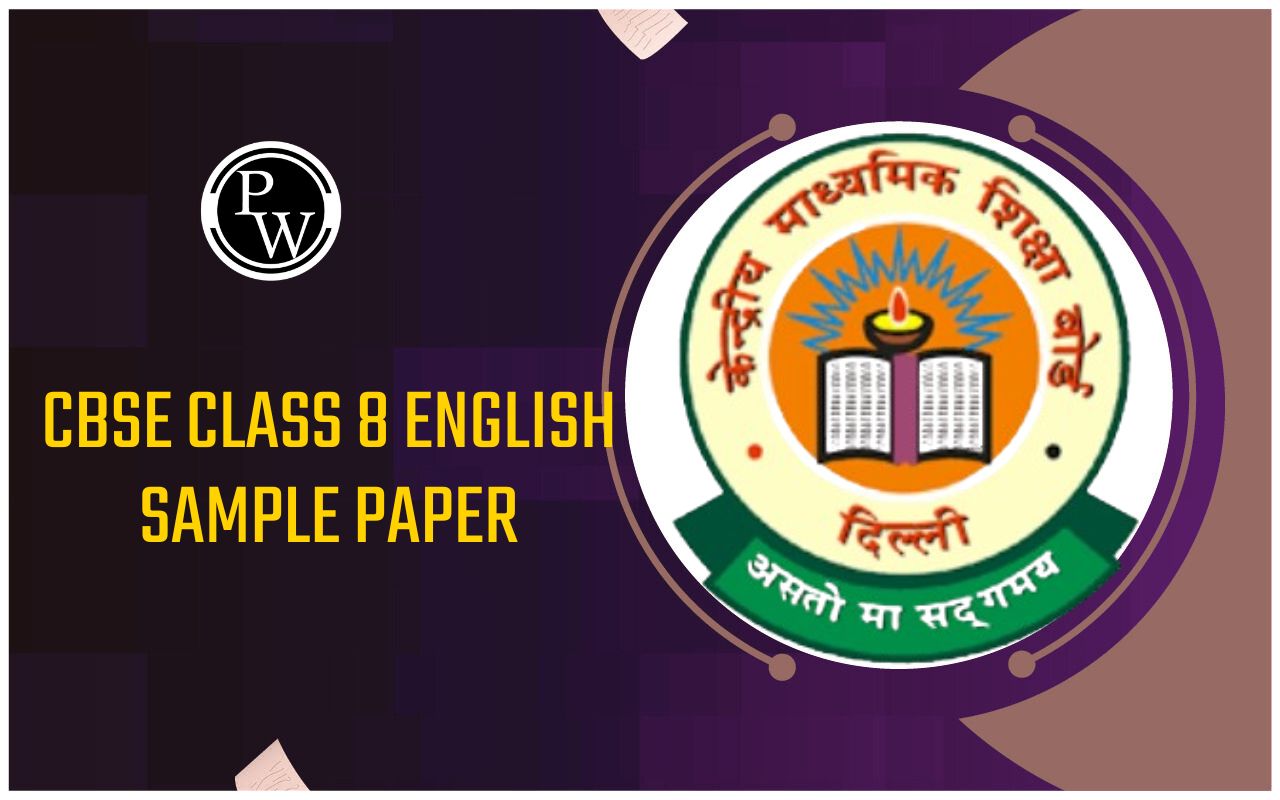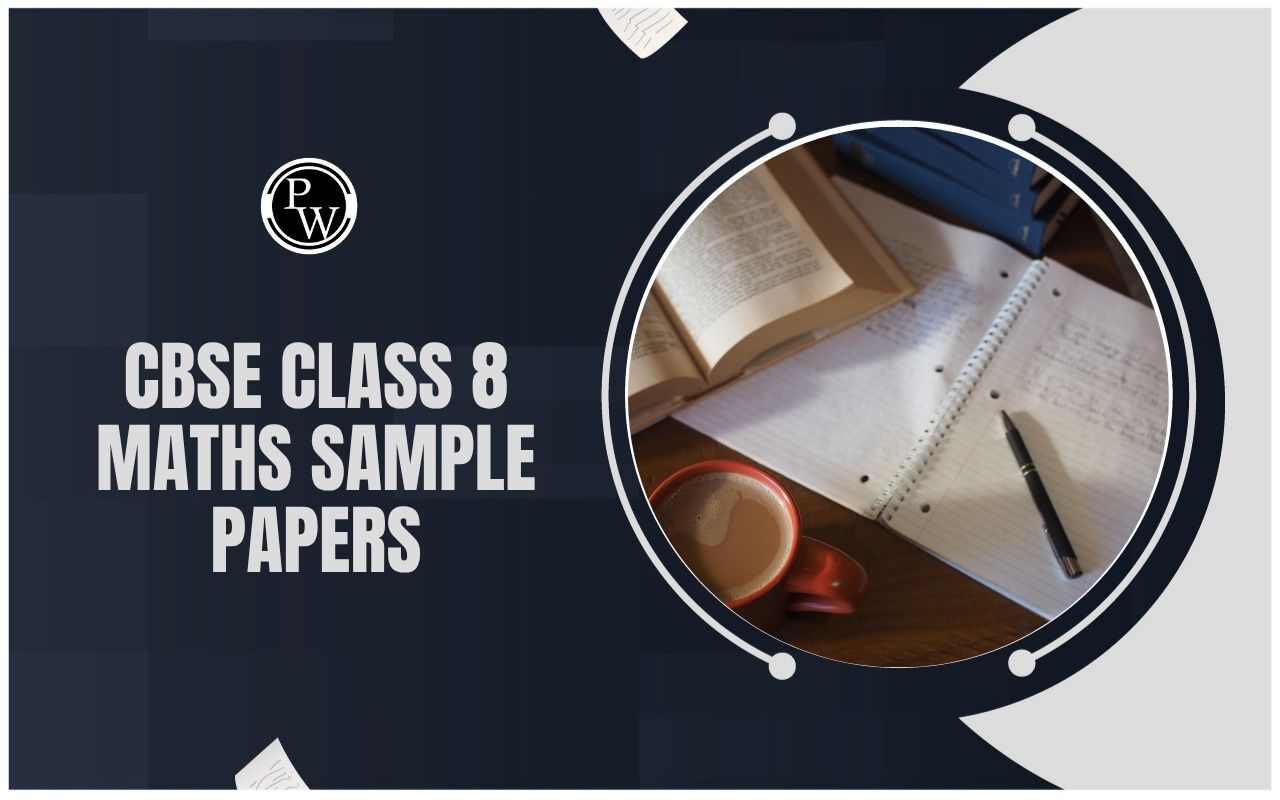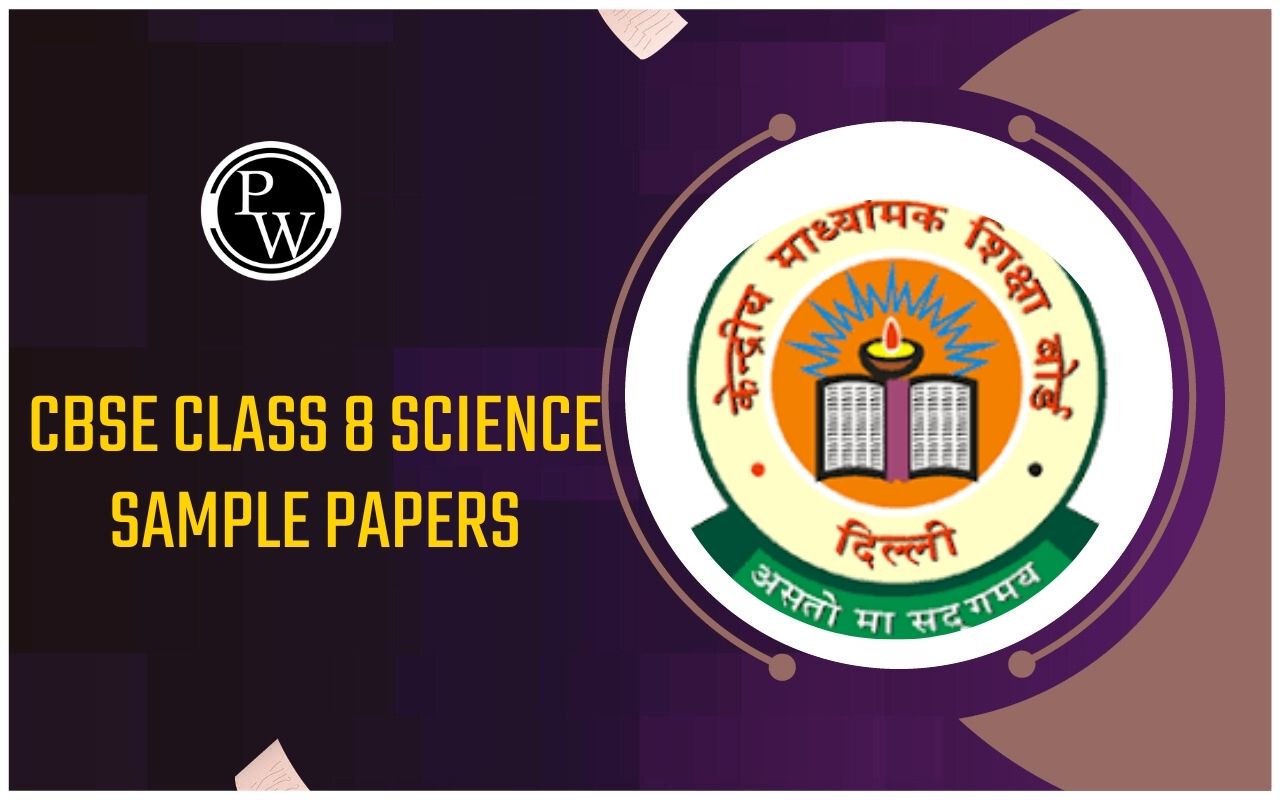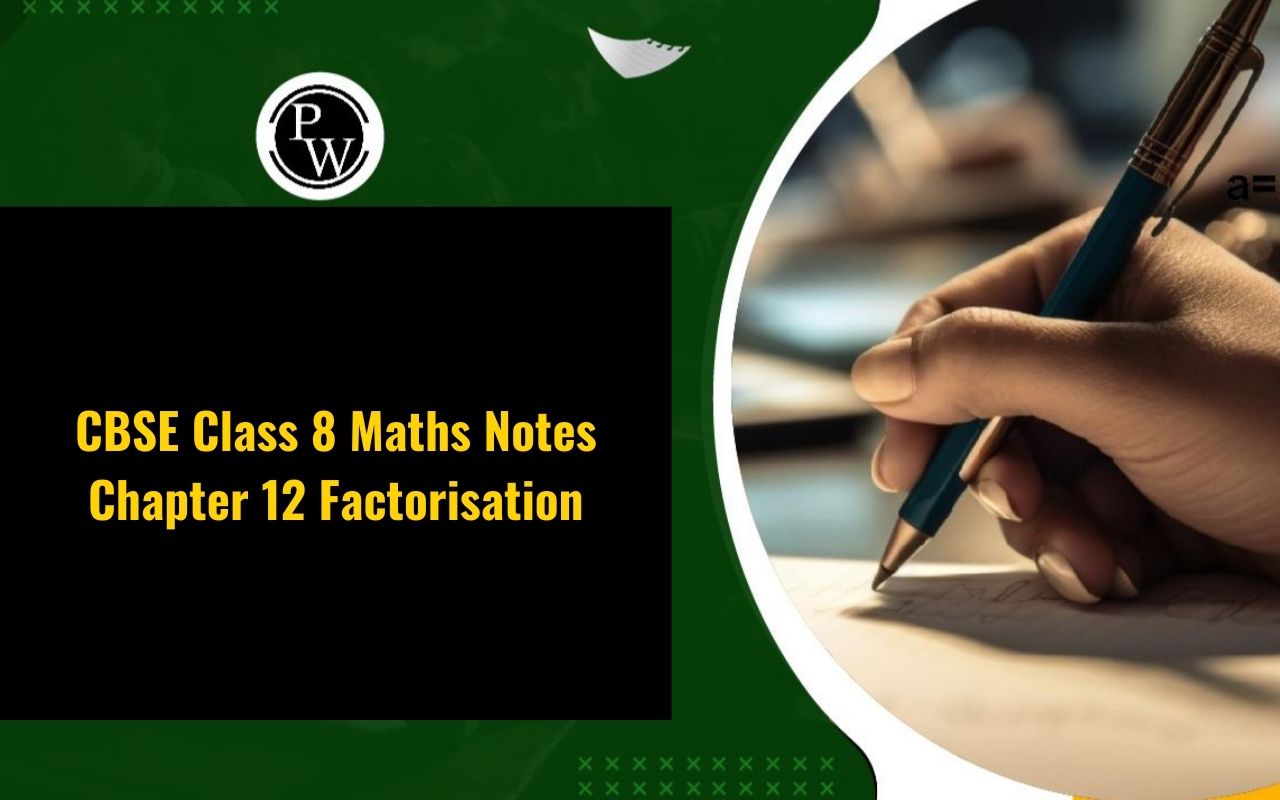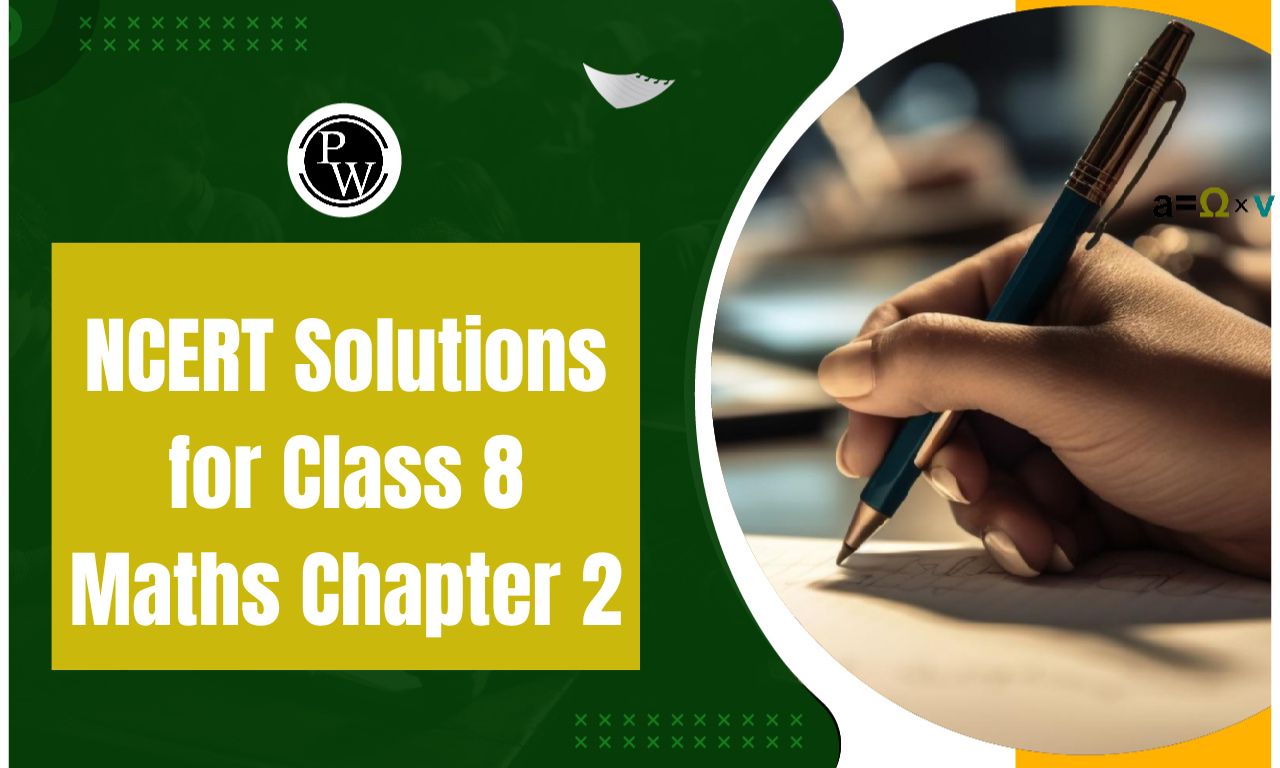
NCERT Solutions for Class 8 Social Science Civics Chapter 3: Chapter 3 of Class 8 Civics, "Parliament and the Making of Laws," teaches about how Parliament works in India and how laws are made. Parliament includes the President and two houses—the Lok Sabha and the Rajya Sabha.
This chapter explains that Parliament is the main law-making body in India. It shows how bills are introduced, debated, and voted on to become laws. It also talks about the roles of MPs (Members of Parliament), parliamentary committees, and the Speaker who manages the sessions. Understanding how Parliament works is important because it shows how laws are created in a democratic country like India. It also teaches us about the responsibilities of MPs and how citizens can participate in the law-making process.NCERT Solutions for Class 8 Social Science Civics Chapter 3 Overview
These notes for Chapter 3 of NCERT Solutions for Class 8 Social Science Civics are prepared by subject experts from Physics Wallah. They focus on how Parliament works in India and how laws are made. The chapter explains that Parliament consists of the Lok Sabha, Rajya Sabha, and the President. These notes are designed to help students understand the importance of Parliament in our democracy and how laws are created to govern the country. Studying this chapter helps students learn about the responsibilities of MPs and how citizens can participate in the law-making process.NCERT Solutions for Class 8 Social Science Civics Chapter 3 PDF
These notes are prepared by subject experts at Physics Wallah to help students understand Chapter 3, "Parliament and the Making of Laws". These notes provide clear explanations and answers to questions, making it easier for students to learn about secularism and its role in creating a fair and just society. The PDF link is provided below for easy access to the solutions.NCERT Solutions for Class 8 Social Science Civics Chapter 3 PDF
NCERT Solutions for Class 8 Civics Chapter 3 Why Do We Need A Parliament?
Exercises Page No 41
1. Why do you think our national movement supported the idea that all adults have a right to vote?
Answer:
The freedom struggle was waged by individuals from diverse backgrounds, all united by ideals of freedom, equality, and the right to participate in governance. Their motivation stemmed from a desire to live in a nation where leaders were responsive to the needs of the people and could eradicate the inequalities imposed during British rule. People's aspirations for a free and dignified life were deeply rooted in the principle of Universal Adult Franchise, ensuring every citizen's right to vote. This principle underscored their vision of a democratic society where every voice mattered and everyone could contribute to shaping the nation's future.2. In this 2004, map of Parliamentary constituencies, roughly identify the constituencies in your State. What is the name of the MP from your constituency? How many MPs does your state have? Why are certain constituencies coloured green while others are coloured blue?
Answer:

3. You have read in Chapter 1 that the ‘Parliamentary form of government’ that exists in India has three tiers. This includes the Parliament (Central Government) and the various State Legislatures (state governments).
Fill in the following table with information on the various representatives from your area:
| Government Level | Uttar Pradesh State Government | Central Government |
|---|---|---|
| Current Political Party | Samajwadi Party | BJP Led NDA |
| Current Representative | Laxmi Kant Vajpayee | Rajender Aggarwal (Meerut) |
| Opposition Parties | Bahujan Samajwadi Party | Congress |
| Last Elections Held | 2012 | 2014 |
| Next Elections Scheduled | Should be 2017 | 2019 |
| Women Representatives | Find yourself | Find yourself |
Benefits of NCERT Solutions for Class 8 Social Science Civics Chapter 3
- Concept Clarity : They provide clear explanations and examples that help students understand the functioning of Parliament and the legislative process in India.
- Comprehensive Coverage : The solutions cover all key topics and concepts of Chapter 3, ensuring students grasp the entire legislative framework.
- Exam Preparation : NCERT Solutions help students prepare effectively for exams by providing answers to textbook questions and explaining complex topics in a simplified manner.
- Enhanced Understanding : By studying these solutions, students develop a deeper understanding of democratic principles, governance structures, and the importance of citizen participation in law-making.
NCERT Solutions For Class 8 Social Science Civics Chapter 3 FAQs
What is Parliament?
What is the role of Parliament in law-making?
How are bills introduced in Parliament?
What are the functions of Lok Sabha and Rajya Sabha in Parliament?
Who is the Speaker of Lok Sabha and what is their role?

